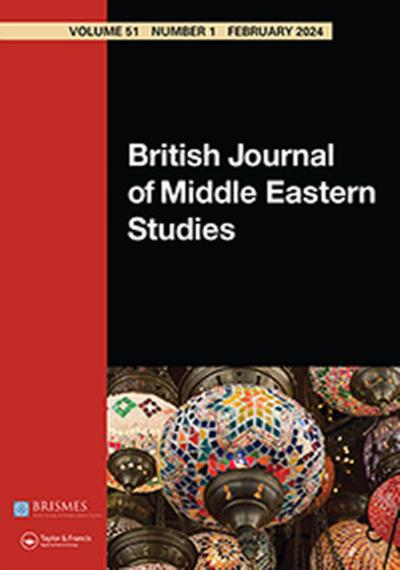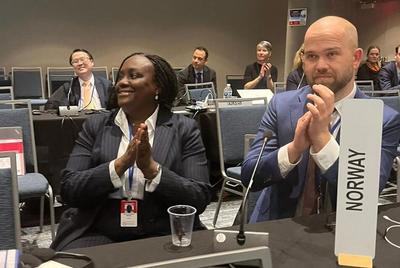Tracing Gender Differences in Parliamentary Debates: A Growth Curve Analysis of Ugandan MPs' Activity Levels in Plenary Sessions, 1998-2008.
Participation in legislative debates is potentially an important tool for Members of Parliament (MPs) to communicate policy positions and exert influence on the policy process. Yet there are few studies of legislative speech behaviour, and specifically gendered analyses are sparse. This article examines how gender and gender quotas affect speech activity measured in terms of how much MPs speak on the floor of the Ugandan parliament. An original dataset constructed from transcripts of parliamentary debates spanning a ten-year period (1998–2008) is applied in the analyses. Controlling for other possible determinants of speech activity, it is found that, contrary to expectations, there are no significant differences by gender in overall speech activity, but female MPs who hold parliamentary leadership positions speak significantly more than any other group. Differences between female quota MPs and their counterparts in parliament are also ruled out, countering common expectations in the quota literature.
https://doi.org/10.1080/00344893.2014.951234





